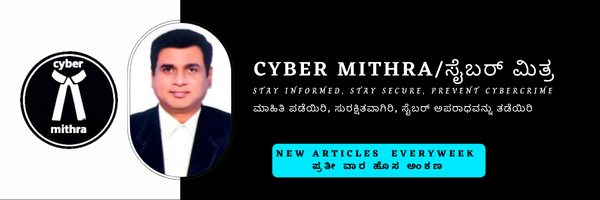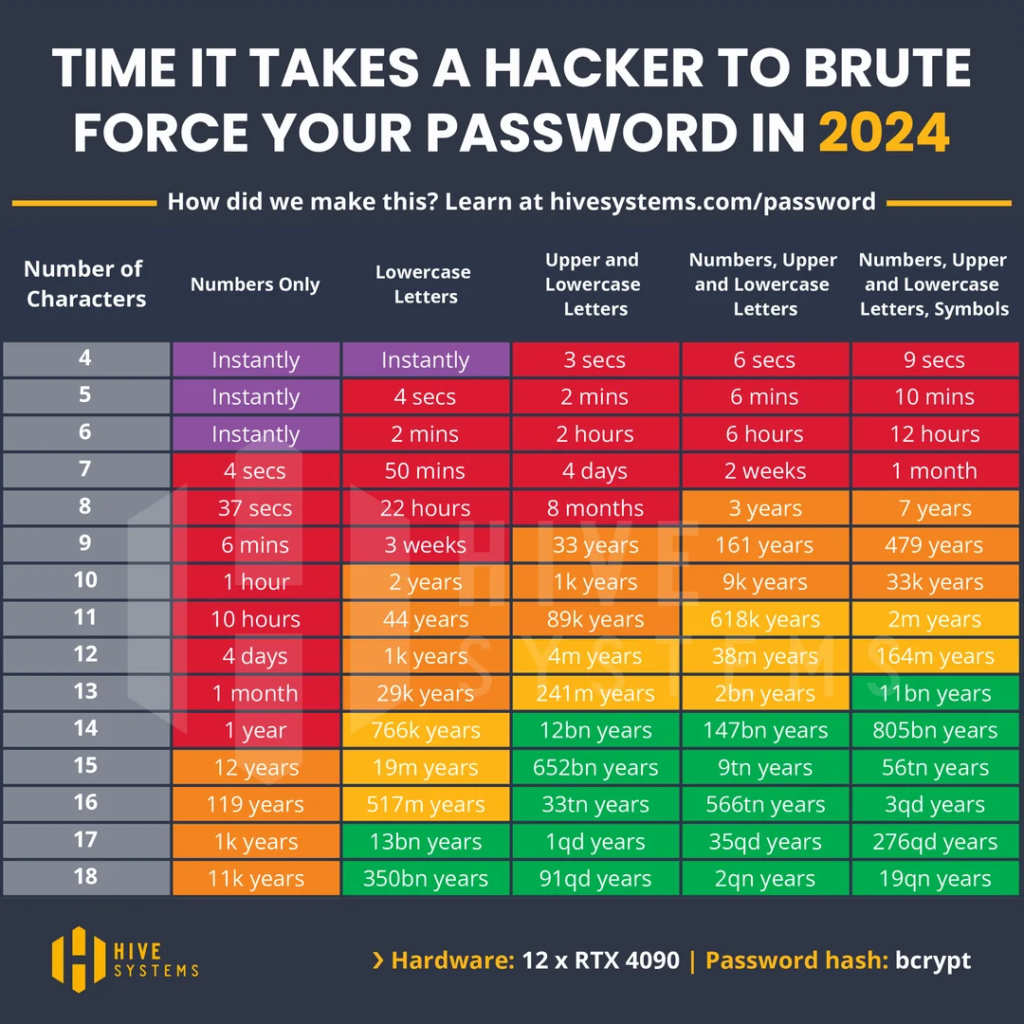How your password should be? Some tips..
Nowadays, the only thing that we need to keep in mind is what password is kept for which account. In this digital age, all our personal communication, business and financial transaction is done through internet/smartphone/computer. For security reasons, every bank/email/shopping/social media account has its own password policy, the expiration(password change) date of the password is also different, so we need to keep different passwords in memory without fail. Here our laziness or Jugad mind comes into play and we use same/same pattern as short as possible passwords for all our accounts which are easy to remember, thereby easily falling prey to cyber criminals and losing our hard earned money and private information in the bargain. In this column I’ll try to give you some tips on how passwords came to be and how you can easily set and remember strong passwords for your various accounts.
World Password Day is celebrated every year on the first Thursday of May month, the main objective of which is to make people be aware of the need for strong passwords. According to historians, the first recorded use of passwords was among messengers in Rome. American MIT computer scientist Fernando Corbato is credited with introducing the modern computer/digital password to the world. Interestingly, in 1960 the first computer password came into use and by 1962 there was a report of first password theft. According to a study, we all have used an average of 162 passwords in our lifetime by now and the most used password across the world is 123456 and “password”. According to another report, in 2024 Cybercriminals break through an 8 number only password can be cracked in just 37 seconds, an 8 lowercase-only password in 22 hours, an 8 mixed-character password in 8 months, an 8 mixed letter/number password in 3 years, and an 8 mixed letter-number-symbol password in 7 years.
Some tips for a strong yet easy to remember password :-
- Never set a weak password, i.e. do not use common words like your/spouse/children’s name, city, date of birth etc in your password.
- You should use at least a 8 mixed case letter/number/symbol password. For example you can use the name of your favorite picture/object/food in your vernacular language but write it in English.
- Use a separate password for each important account. Use a common password for non-essential and non-financial accounts.
- Do not write down all your passwords in a sheet/diary/file/email. For storing passwords, you can use a good password manager.
- Definitely use multi/two factor authentication/single sign-on facility if your account supports it, which increases security by using OTP and/or biometrics along with your password.
- Enable password change notification and definitely use multi/two factor authentication facility to change password if your account supports.
- Change password every 3-6 months for important accounts.
- Do not share your password with anyone else, if you have to share it, keep an easy password and change it to your previous strong password after work is complete.
- If you suspect that your account may have been hacked, change the password immediately.


